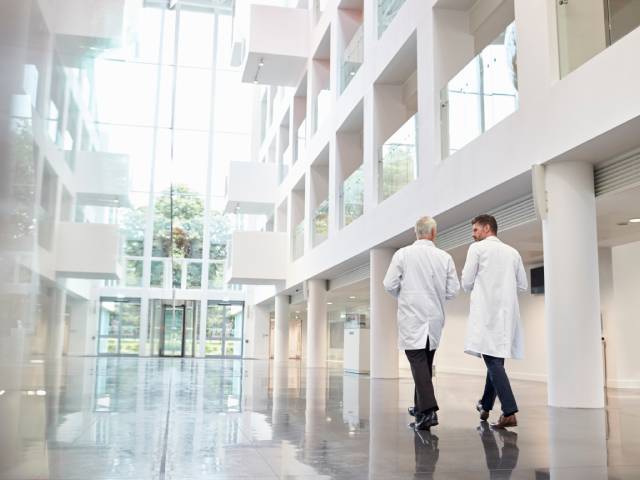
 business
business 
Medical professionals and researchers are buzzing about the potential of organoids. These tiny, lab-grown mini-organs mimic the complexity of real human tissues, bringing new insights into biomedical research.
Hospitals today are exploring innovative ways to integrate organoids into patient care and medical training. We’re taking you on an exploration through the fundamental uses for organoids in hospitals, highlighting their significance and value.
In the quest for personalized medicine, organoids play a key role in tailoring treatments for individual patients. By using these mini-organs, doctors can test how a patient’s unique biology responds to different drugs and treatment plans. This method offers a safer, more effective approach to treatment, minimizing risks and maximizing patient outcomes.
Organoids provide a groundbreaking method to model diseases, offering deeper insights into their mechanisms. By studying diseases through organoids, researchers can develop and refine treatment strategies more effectively.
For instance, scientists have used organoids to better understand cystic fibrosis, leading to more targeted and efficient therapies. Organoids thus act as a bridge between laboratory research and clinical applications, paving the way for novel solutions in disease management.
In surgical planning and training, organoids offer a fundamental tool for medical professionals and hospitals. Surgeons can practice and refine their skills on organoids before performing complex procedures on actual patients. This hands-on experience is invaluable, reducing complications and improving surgical outcomes.
Training programs incorporating organoids have already shown success, with surgeons reporting increased precision and confidence. Organoids thus enhance patient safety and professional expertise in surgical settings.
The future of organoids in hospital care looks promising, with ongoing research unveiling new applications. Researchers are actively exploring ways to integrate organoids into various aspects of healthcare, from drug testing to regenerative medicine.
Collaborative efforts between hospitals and research institutions could accelerate these developments and transform patient care standards. By investing in organoid research, hospitals have the opportunity to take charge of cutting-edge medical innovations.
The integration of organoids in biomedical research within hospital settings opens doors to remarkable advancements in personalized medicine and surgical practices. These tiny yet powerful tools offer medical professionals a new frontier for exploration and innovation.
Hospitals and researchers must continue to harness the potential of organoids, ensuring their place at the heart of future medical breakthroughs. For those in the medical field, now is the time to engage with organoid research and drive forward knowledge and patient care.
24World Media does not take any responsibility of the information you see on this page. The content this page contains is from independent third-party content provider. If you have any concerns regarding the content, please free to write us here: contact@24worldmedia.com